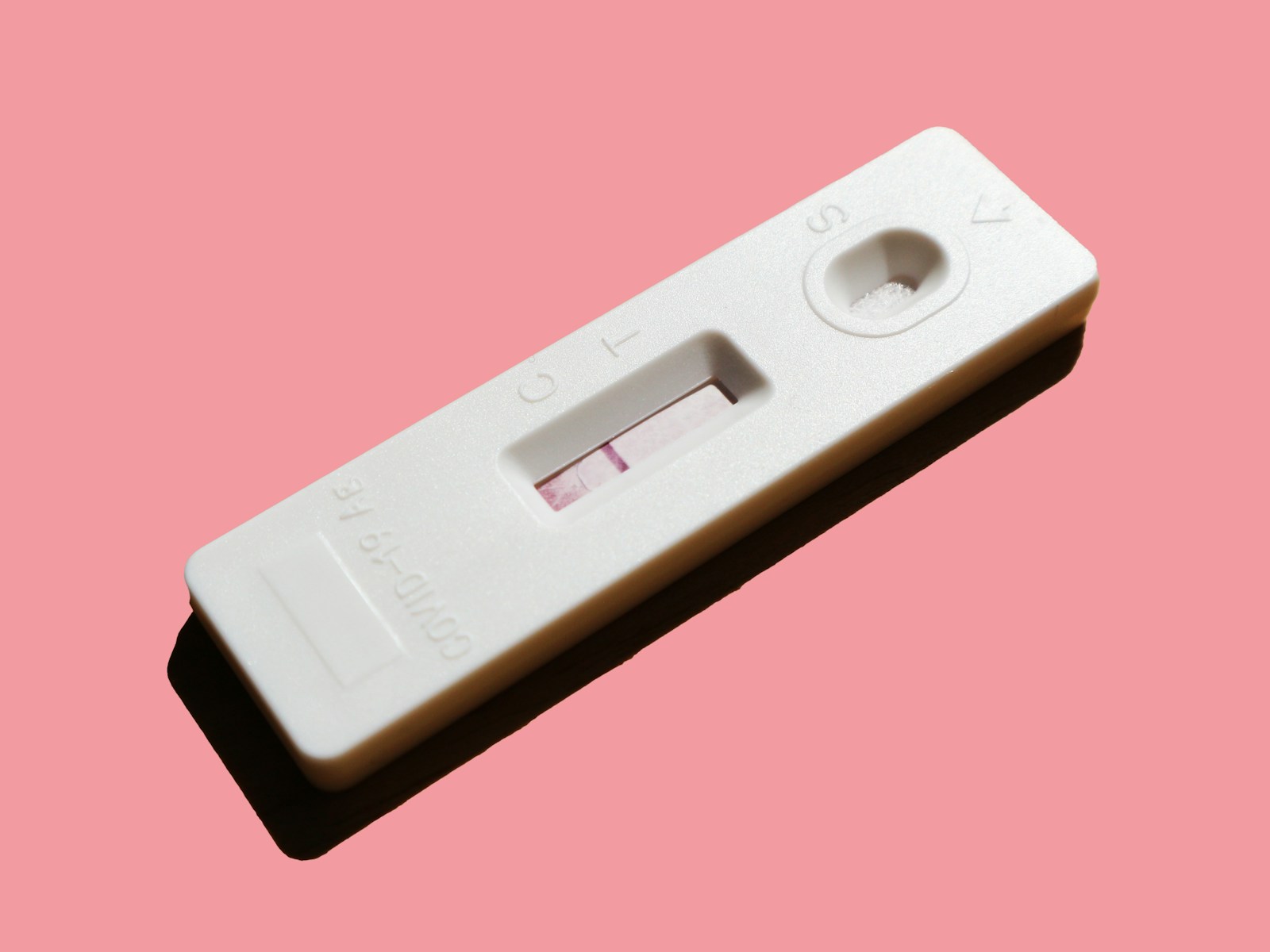Gen Z has become worried about fertility – can marijuana help?
Each generation has a variety of concerns, but a big surprise is the amount of Gen Z’ers who are now worried about fertility. According to surveys, nearly half of Gen Z is worried about their fertility despite not currently trying to conceive. The Centers for Disease Control defines infertility as “not being able to get pregnant after one+ year of unprotected sex.” According to a report published by the World Health Organization (WHO), “Around 17.5% of the adult population experience infertility.”
RELATED: Best Ways To Make The First Part Of The Week Positive
Previous generations worried about fertility when it came time to have children, Gen Z sees it part of their future path. They are fretting about becoming pregnant at 35 when they are 25. When deciding to have kids later, they want to know what to do now so they can have what they want then. Can marijuana help Gen Z’s fertility concerns?

With alcohol it is clear chronic alcohol exposure can cause problems with fertility in both men and women. For men, it can lead to damaged sperm and for women, it may affect the ability to conceive. While actively receiving medical treatments to get pregnant, alcohol can reduce a woman’s chance.
For women, frequent use of marijuana can cause issues which could tamp down fertility. Consuming as often as three times per week may have impacts says a report published in Fertility & Sterility Science. Evidence suggests marijuana can reduce female fertility by disrupting hypothalamic release of gonadotropin releasing hormone (GnRH), leading to reduced estrogen and progesterone production and anovulatory menstrual cycles. It can also delay or inhibit ovulation. For men, data showed current or past marijuana users had more damaged sperm, lower sperm counts and reduced semen volume.
RELATED: Enjoy This Harry Potter Butterbeer Ice Cream
But can worrying and the constant anxiety around it affect the outcome? While it’s unlikely stress alone cause infertility, stress interferes with a woman’s ability to get pregnant. Research has shown that women with a history of depression are twice as likely to experience infertility. Anxiety also can prolong the time needed to achieve pregnancy.
While more research needs to be done, managing stress may improve fertility.


